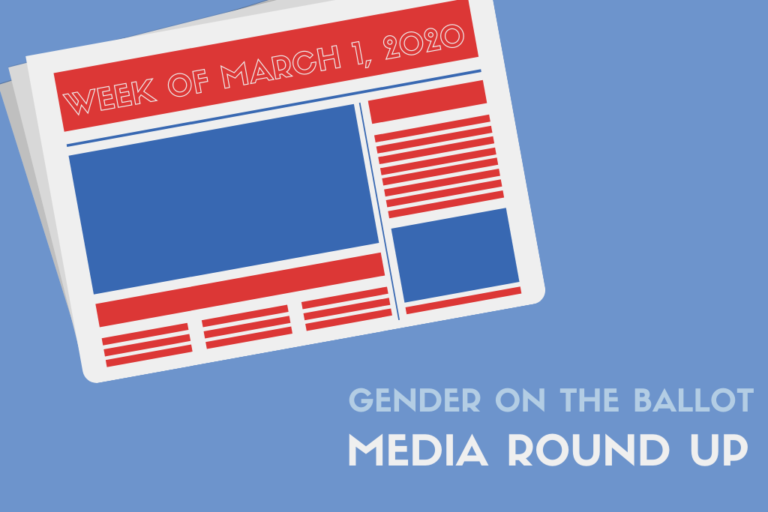This week begins the Republican National Convention, where the Republican party will nominate its candidates…
Will Nikki Haley Escape Media and Social Media Sexism?

Barbara Lee Family Foundation Executive Director Amanda Hunter’s analysis of Nikki Haley’s debate performance on August 23, 2023 was consistent with research I have conducted in the past with Theodore Sheckels and Nichola Gutgold on challenges women presidential candidates must overcome. Hunter summarized Haley’s performance: “Governor Haley projected confidence. Overall, she was calm, cool, and prepared. When she did briefly confront Vivek Ramaswamy, it was on behalf of everyone on stage, not just herself.” Hunter went on to say that in post-debate coverage “We will be watching to see . . . if she is judged more critically than her male counterparts in the coming days.” Unlike other women who have stood on a presidential debate platform, Haley escaped many of the usual criticisms and overtly sexist comments about her appearance and sexuality, her voice, her ambition, her likability, and her competence and was praised for her content and strategy.
In analyzing media and social media coverage of women presidential candidates between 2008 and 2020, Kelly Winfrey and I uncovered consistent themes. Using Rosabeth Moss-Kanter’s four stereotypes of corporate women—sex object, iron maiden, mother, and pet—we found all four, and in 2020, there was an intersection of iron maiden and sex object with racial stereotypes of Kamala Harris and Tulsi Gabbard. A random sampling of Haley’s post-debate news coverage, however, contained praise for her performance and noted her strategic use of change and a new generation of leadership to position herself. They emphasized her qualifications, especially in foreign policy through her UN experience, and her likability as South Carolina’s two-term governor. She was not criticized for being “scolding” like a mother or disliked middle school teacher or being unfeminine, as some past candidates were, for interruptions and put downs such as the one to Vivek Ramaswamy regarding his lack of foreign policy experience. Her performance was not marginalized as helping other candidates as Elizabeth Warren’s takedown of Michael Bloomberg was in 2020. She was not compared to Hillary Clinton.
Overall, Haley weathered much sexism and racism throughout her career, and the reason may be that she confronted it early on unlike many women candidates who downplay their presence. She wrote in her memoir that she was discounted for being a “girl,” “Indian,” and “young” in her first legislative race. She used retail politics to overcome the slights by letting people get to know her. In her presidential announcement speech, she acknowledged experiencing racial discrimination but said she followed her mother’s advice to focus on similarities thus emphasizing her desire for unity. She’s stuck with issues and built a record of competence. She fills important gaps in international and military expertise that many women presidential candidates have. For the latter she emphasizes her husband’s military career and his recent deployment as she was preparing for the August debate. When Don Lemon, former CNN news anchor, said that she was “past her prime” at 51, he was roundly criticized. He has disappeared from CNN, and Haley is gaining momentum. Haley also experienced accusations of infidelity which she denied but also promised to resign if any evidence was provided. She remained in office. Haley will continue to break the trend of media sexism remains to be seen as the campaign progresses, but her past record and the reaction to her first debate and subsequent campaigning suggest that she will. And it is about time.







